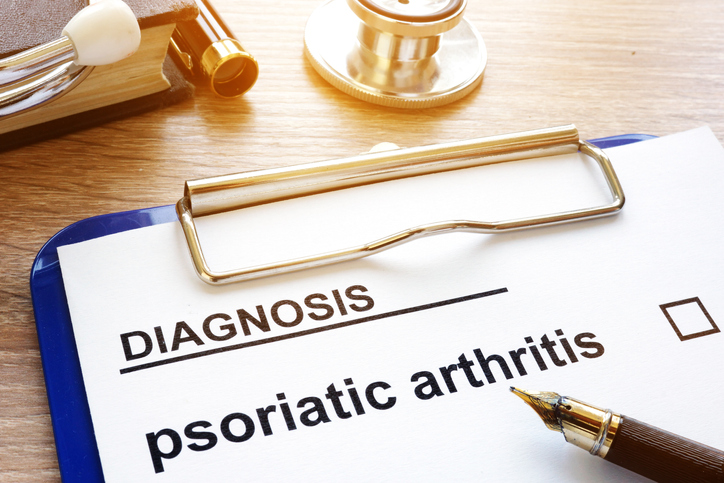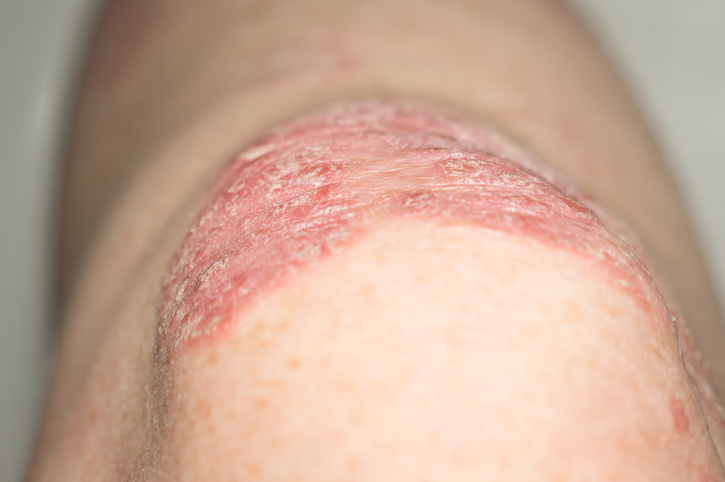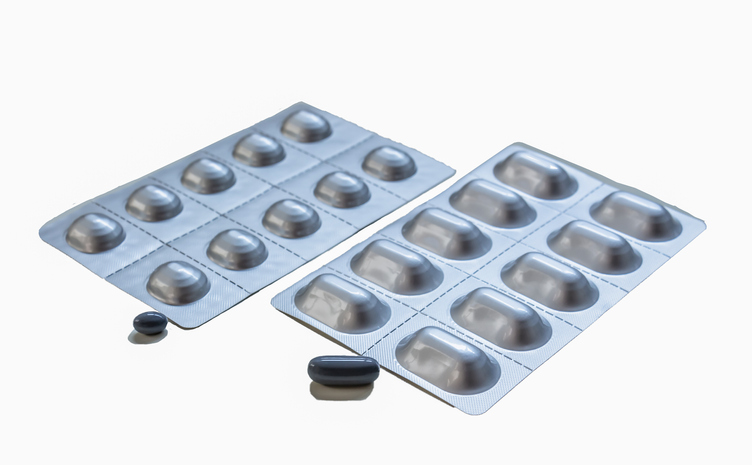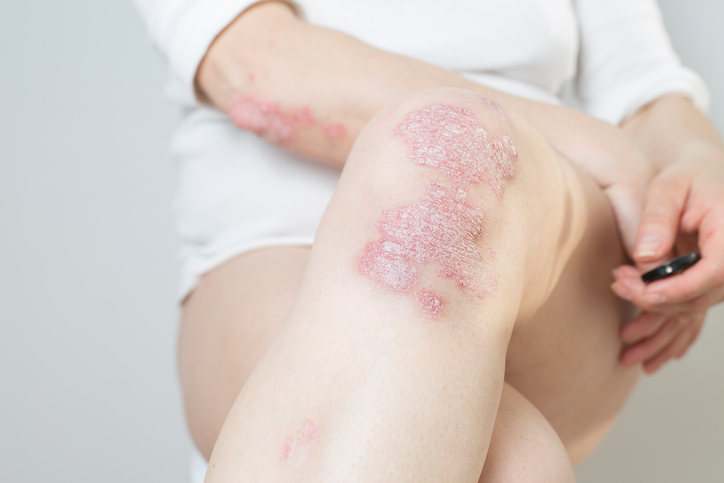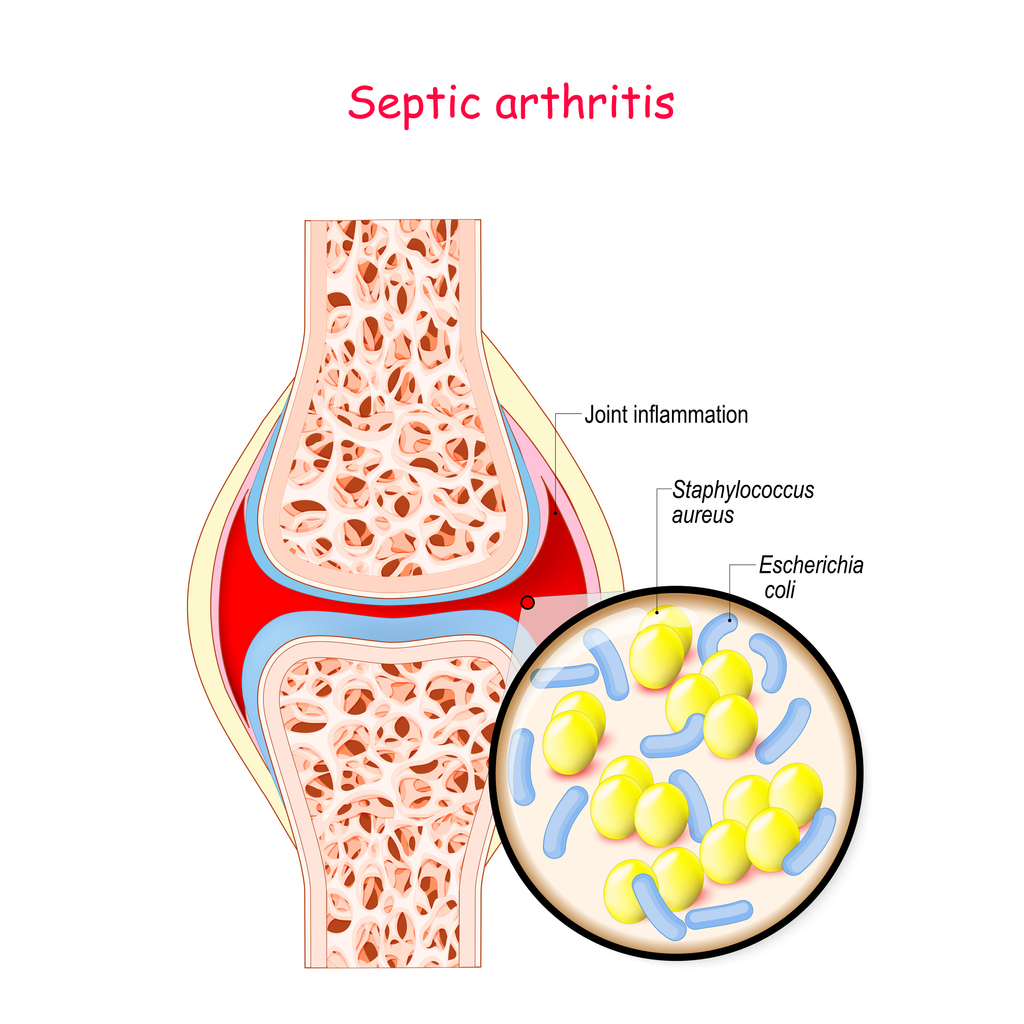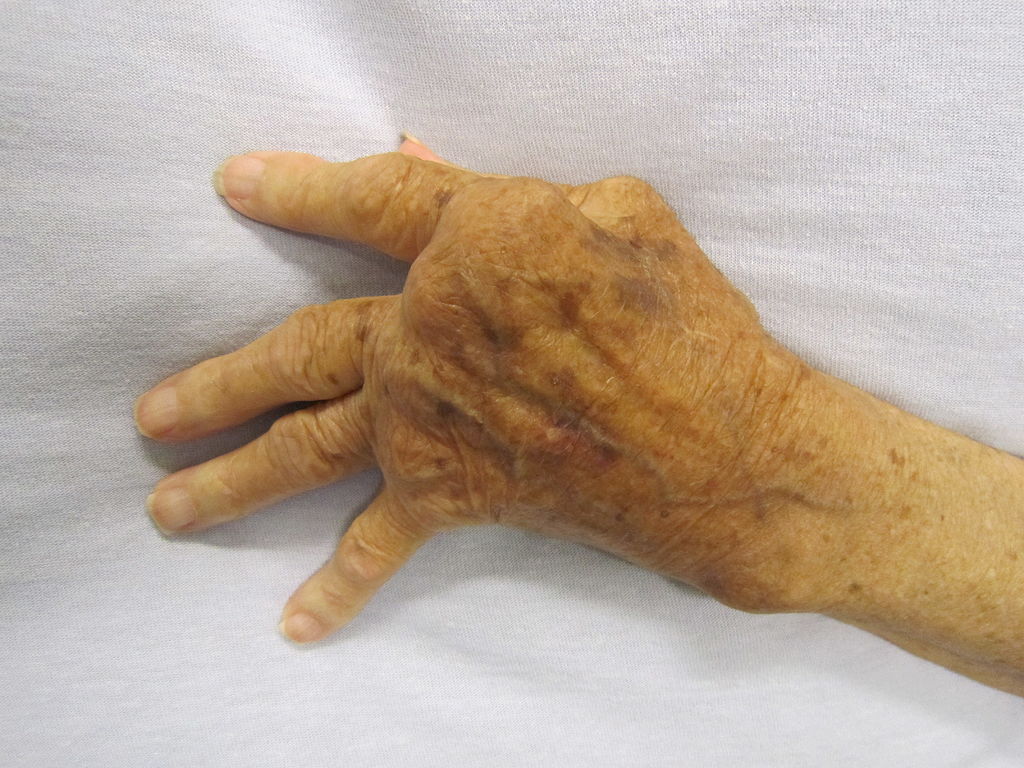Pain
Progression and Possible Complications of Psoriatic Arthritis (PsA)
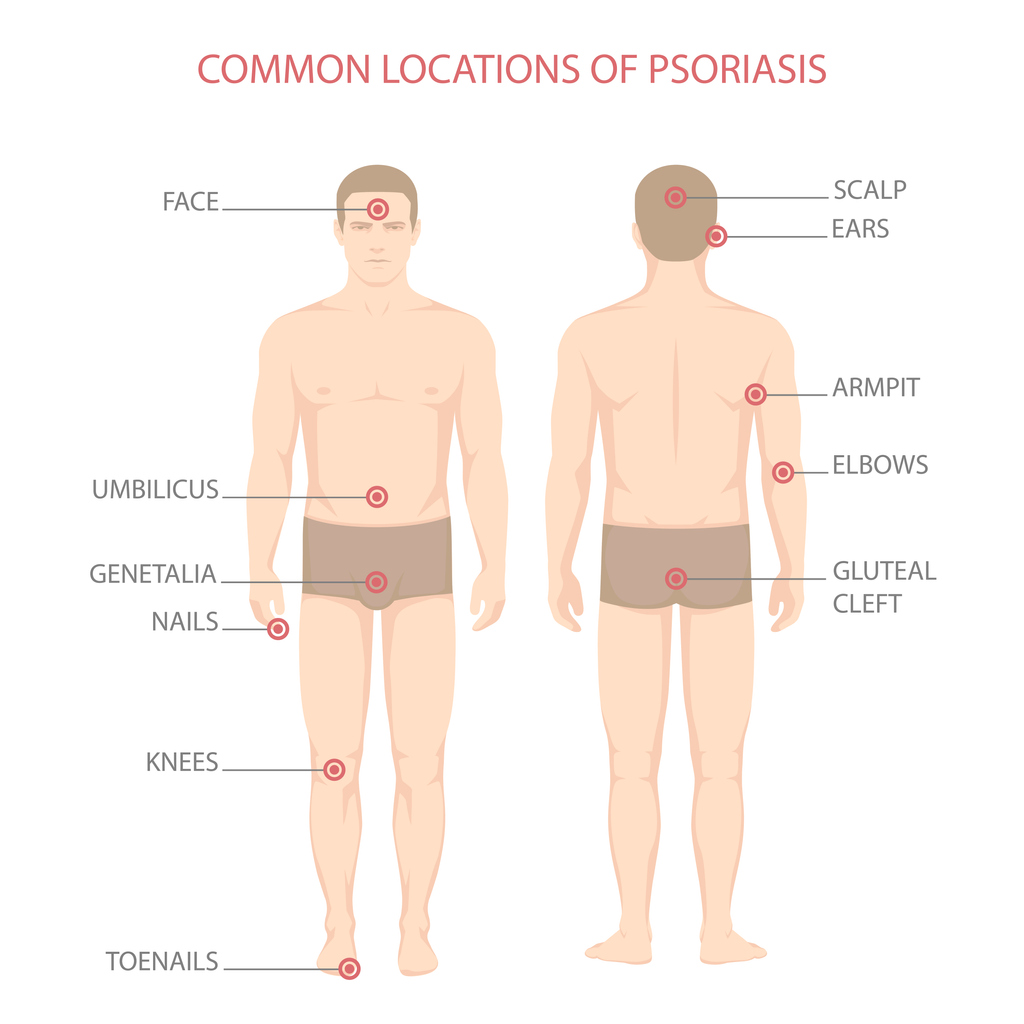
What is psoriatic arthritis?
Psoriatic arthritis (PsA) is a form of inflammatory arthritis that can occur with the skin condition psoriasis, a condition that causes red, itchy patches and silvery scales on the skin and scalp. PsA is a combination of the joint problems of arthritis and the skin issues of psoriasis. With PsA, the immune system mistakenly attacks healthy cells in the joints and causes overproduction of skin cells.
Progression of psoriatic arthritis
The progression of psoriatic arthritis varies widely. Some individuals only have mild symptoms while others experience mild symptoms that progress to severe symptoms, joint damage, and other complications.
Stages of psoriatic arthritis
- Pre-PsA — Psoriasis usually develops before PsA. Joint symptoms generally appear 5 to 12 years after the onset of psoriasis.
- Early-stage PsA — Symptoms of early-stage PsA include mild joint swelling and limited range of motion. Treatment typically involves nonsteroidal anti-inflammatory drugs to reduce inflammation and pain.
- Moderate PsA — If symptoms progress from mild to moderate, more advanced treatments to control symptoms and slow progression of the condition are needed. These include biologics and disease-modifying antirheumatic drugs.
- Late-stage PsA — During late-stage PsA, bone tissue damage and joint damage occur. The goal of treatment in this stage is to reduce symptoms and prevent worsening complications.
With proper treatment, some individuals with mild to moderate PsA experience minimal disease activity (remission). This typically occurs after a year of effective treatment. However, remission does not mean the condition is cured. In general, treatment needs to be continued in order to prevent a relapse of symptoms.
Complications of psoriatic arthritis
Possible complications of PsA include the following:
- Joint deformity
- Psoriatic arthritis mutilans (a rare form of psoriatic arthritis that causes bone tissue to collapse)
- Eye conditions, such as conjunctivitis or uveitis
- Anemia (low red blood cell count)
- Health conditions caused by inactivity, including obesity and high blood pressure
Early diagnosis and treatment can help slow or prevent psoriatic arthritis progression, so it is important to discuss symptoms with a physician as soon as they appear.

